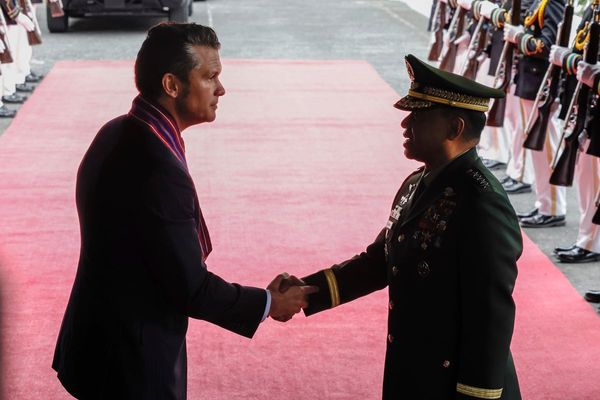An Eyre Peninsula Mayor, who gave evidence at a Senate inquiry into healthcare, says GP and health professional shortages in regional South Australia is "diabolical".
Speaking after the hearing, Streaky Bay Mayor Travis Barber said the healthcare available to the public was "hit and miss" and depended on the doctor's roster.
"The doctor needs a break, and we can't always access a locum," he said.
"We don't have paid paramedics, so everyone on the ambulance service [is a] volunteer.
Cr Barber said the council had spent nearly $1 million and donated more than $200,000 to keep the medical clinic open.
He said the Streaky Bay council had to pay wages, insurance, housing, and travel expenses to get locums into town — who stayed just for a week or two each time.
This, Cr Barber said, had trickled down to the community, resulting in a council rate increase of one per cent.
Cr Barber is one of the councillors and health groups who were in Whyalla to speak at the federal inquiry into the longstanding crisis in attracting health workers in remote and regional towns.
Senate committee member SA Senator Karen Grogan said she had conducted a survey that showed "84 per cent of people in regional areas in South Australia are struggling to get an appointment with a GP".
"There are fundamental, structural problems in how our GP program works and the access people in our community have to health services," she said.
Incentives needed to attract health professionals
Novita is an organisation that provides disability under the National Disability Insurance Scheme.
Its general manager Cathryn Blight said allied health service providers faced vacancy rates of about 50 per cent.
Ms Blight and Cr Barber both attributed the shortages to the inability to attract and retain health professionals in the regional area.
"What is incentivising those allied health professionals to go rural or remote when the metropolitan cities and so on are able to offer what is perceived as so much more," Ms Blight said.
'We need to unpack this'
There have been previous senate inquiries into the provision of health services, but Senator Grogan said she hoped this one would be different and lead to significant understanding about how to fix longstanding community health.
Senator Grogan said there had been several changes made in the past few years that were designed to improve programs and services in regional areas, but she was not convinced they were working.
"We need to unpack this," Senator Grogan said.
"We need to ask the questions and find out what's happening on the ground because it's not translating to better services, and the whole intent is for better services in regional areas."
She referred to structural problems that included the freezing of Medicare and the varying access to telehealth which diminished since the pandemic peaked.
She also said there was confusion surrounding GP contracts, including the kind of support and depth of training medical graduates would receive in regional areas.
"We actually have been going backwards, and there's been no solution, " Cr Barber said.
"So, hopefully, today, these senators can put together what we've been saying and some of the solutions we've thrown up and see if they can come up with something."







